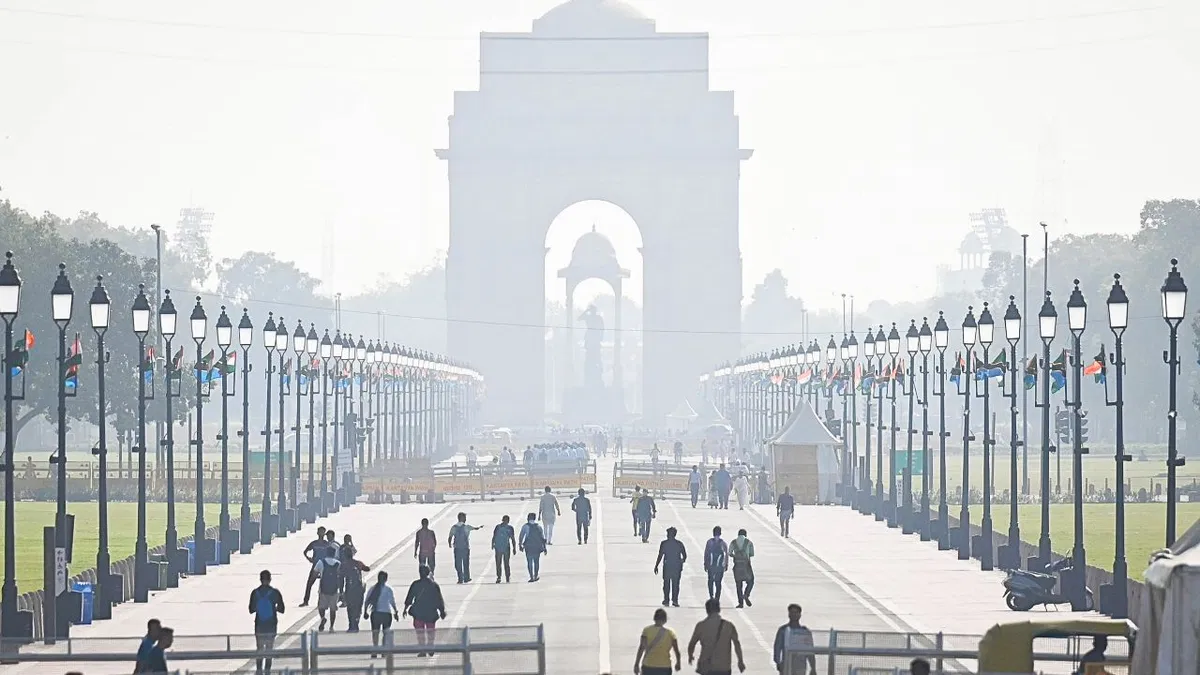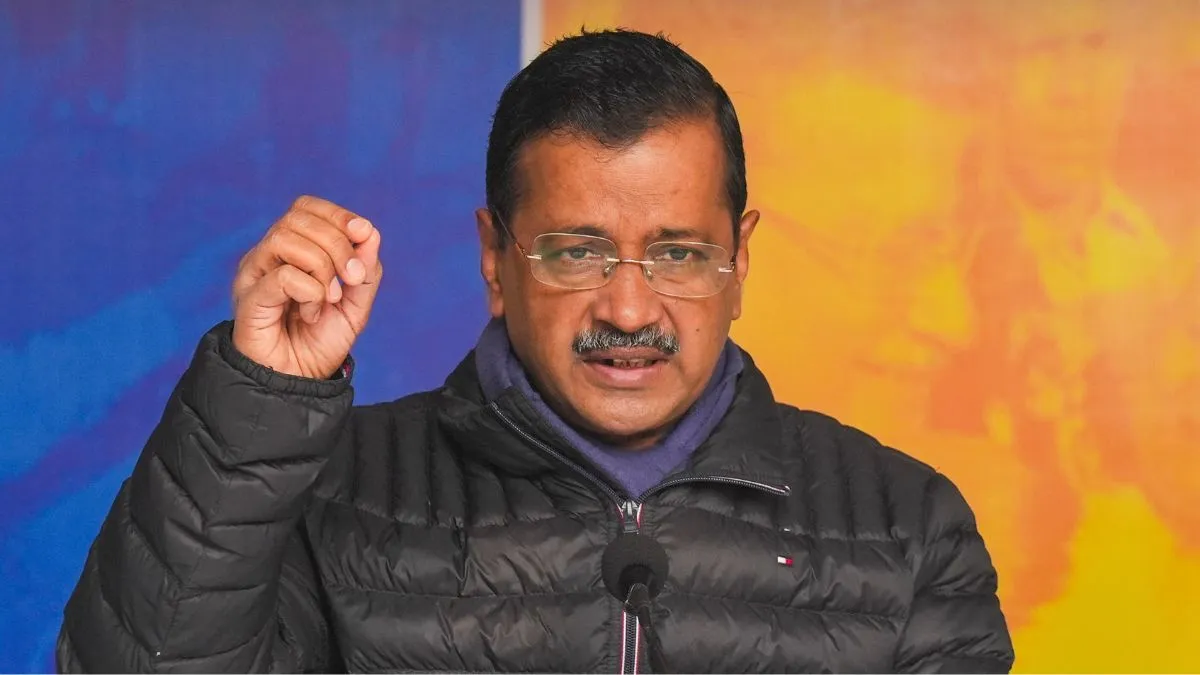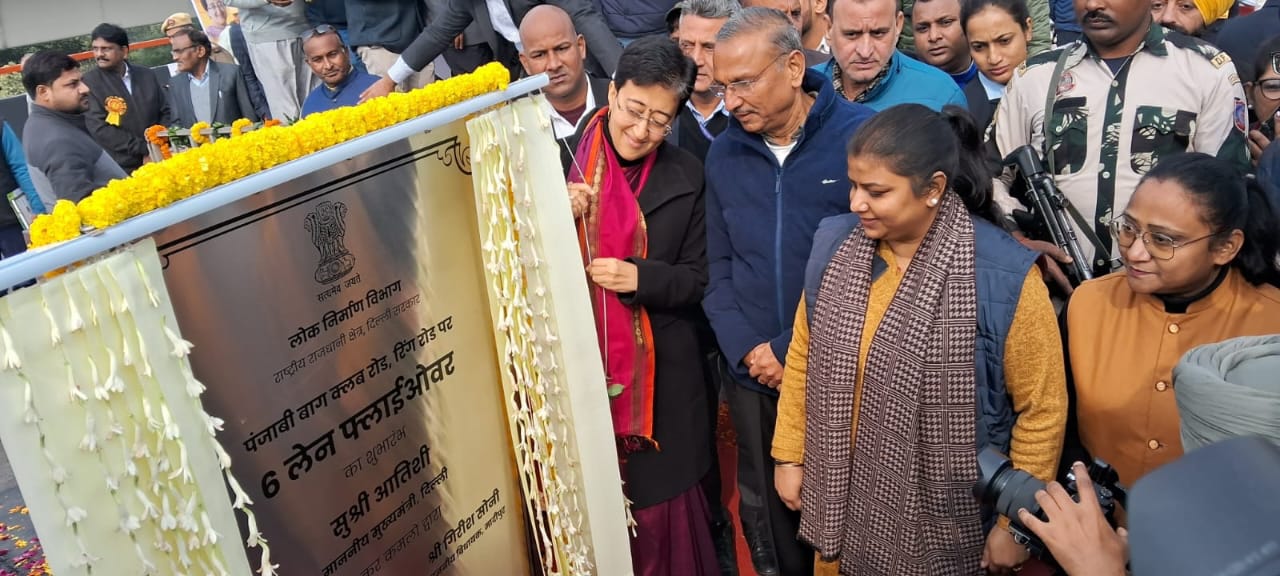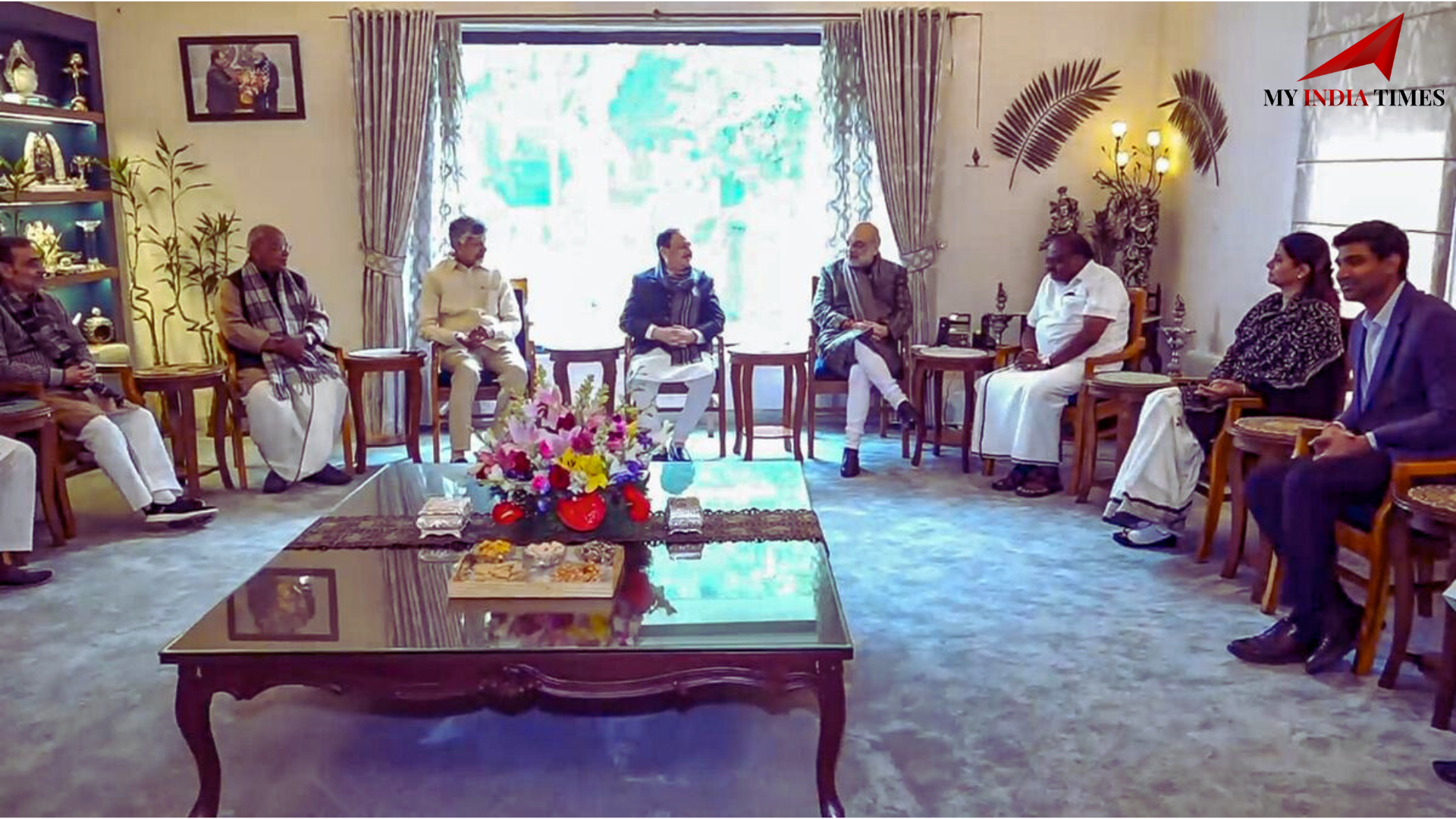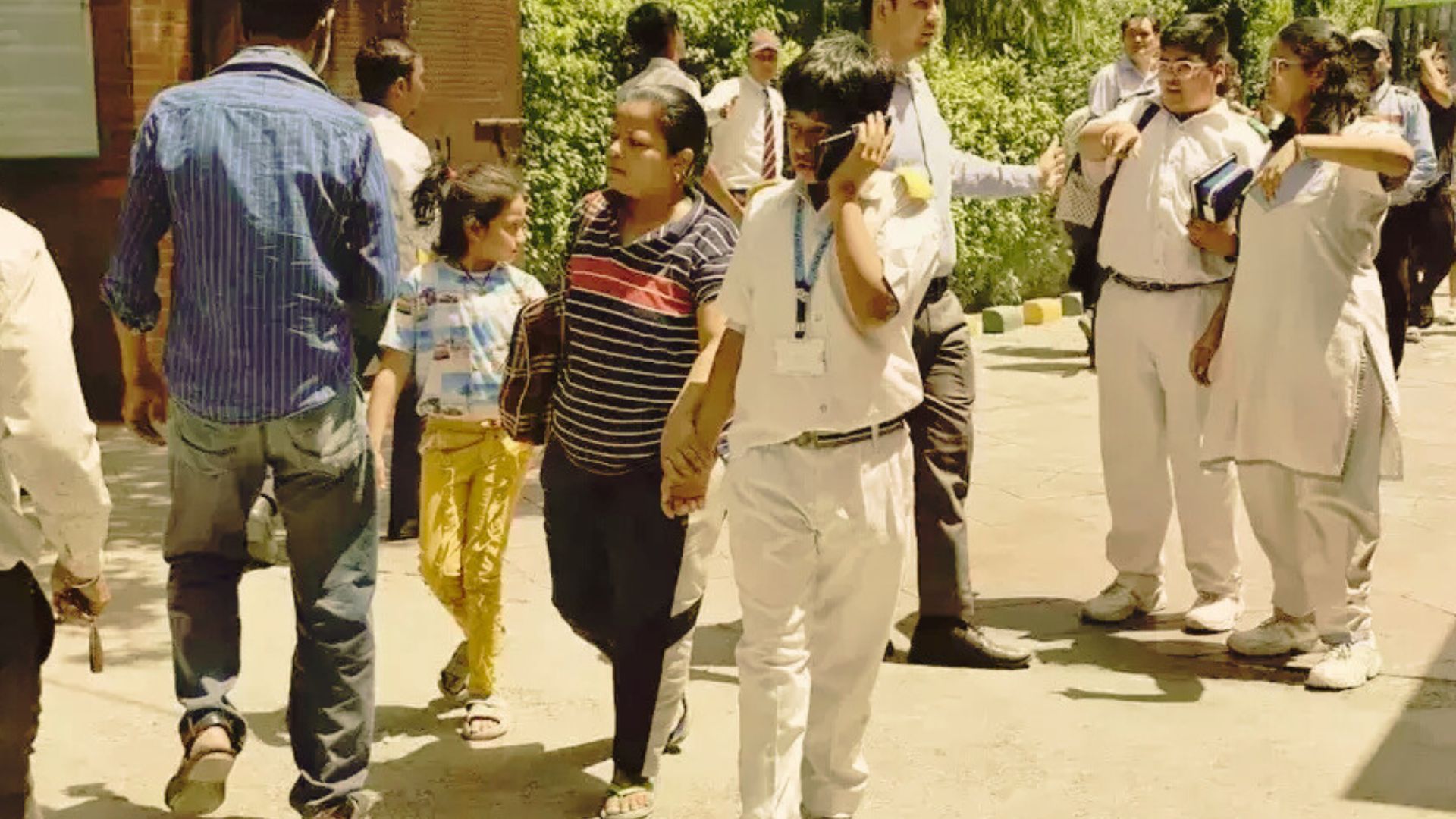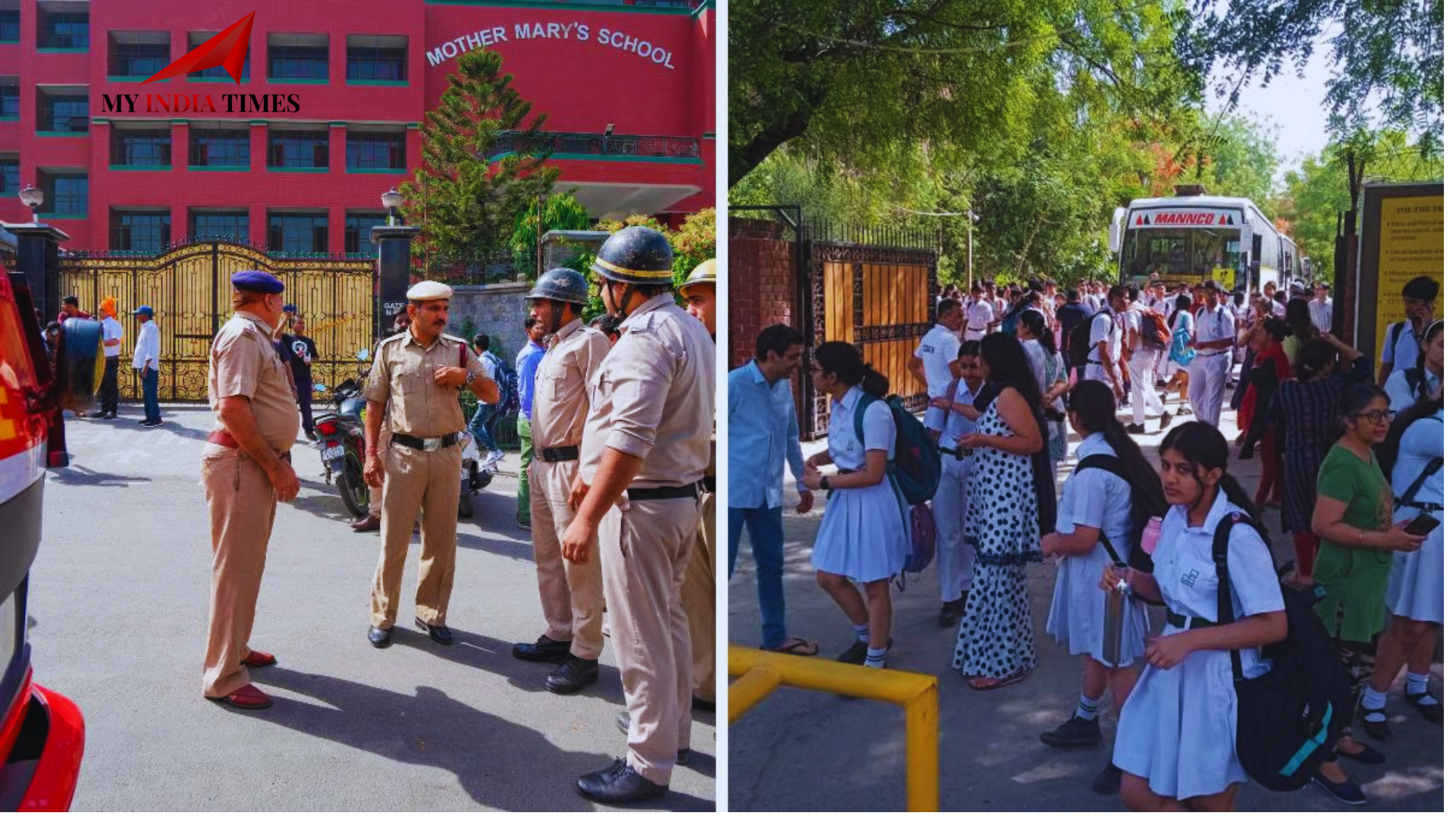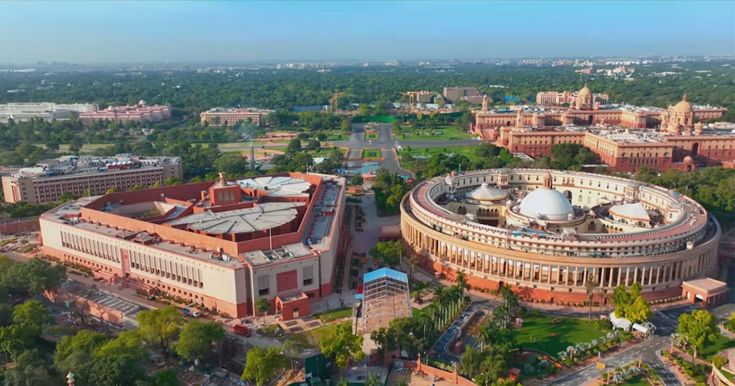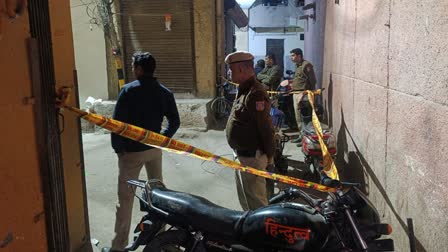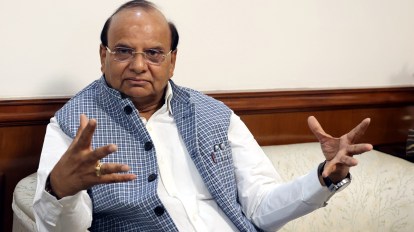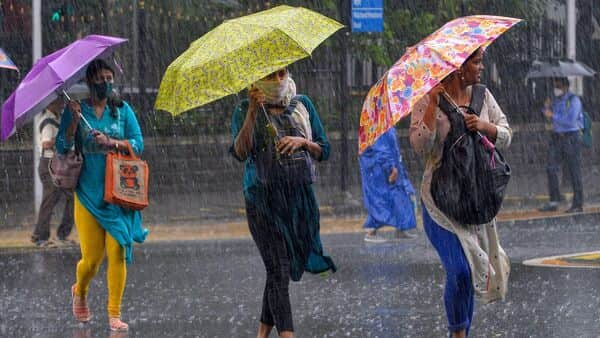Over 200 Flights Delayed at Delhi Indira Gandhi International Airport
On April 28, more than 200 flights were delayed at Delhi's Indira Gandhi International (IGI) Airport due to the combined impact of runway closure and weather conditions. The fourth runway at IGI has been closed since April 8 for an upgrade of its Instrument Landing System (ILS), significantly affecting the airport's capacity to handle air traffic. With only three runways operational, the ability to manage the usual flow of arrivals and departures was compromised, leading to substantial delays.
Easterly Winds Worsen Flight Operations
In addition to the runway closure, the weather conditions worsened the situation. The presence of strong easterly winds forced air traffic control to manage departures using only two runways, while arrivals were restricted to just one runway. These weather patterns further limited the airport's ability to efficiently manage flight traffic, leading to delays for passengers trying to board or disembark.
Flight Delays and Passenger Impact
The flight tracking website Flightradar24 reported that the average delay for flights was around 30 minutes. However, many passengers experienced much longer wait times, with some reporting delays of several hours. While no flights were diverted to other airports, the congestion at IGI Airport was evident, and passengers faced prolonged waiting times. The lack of clear communication from airlines added to the frustration, as many travelers found themselves without updates or assistance during their long waits.
Special Measures to Manage Congestion
To address the growing congestion, special air traffic flow management measures were implemented by airport authorities from 2:30 pm to 6:30 pm on April 28. They put these measures in place to make sure the remaining flights could land and take off safely, all while sticking to international rules. Even with everything, the airport still couldn’t handle the usual number of flights, so the delays kept stacking up.
Passenger Frustration and Complaints
Many passengers voiced their frustration on social media, highlighting issues like poor communication and lack of support during the long delays. Complaints on social media centered around passengers being stuck in aircrafts or lounges for extended periods, with no explanation for the delays or plans for when they might be resolved.
Runway Reopening Expected in Early May
The fourth runway at IGI is expected to reopen in the first week of May, once the upgrade of the Instrument Landing System (ILS) is completed. The reopening of the runway is expected to help restore the airport's normal operational capacity, enabling it to handle a higher volume of flights and reducing the number of delays. In the meantime, airport authorities have been working to manage the situation as best as possible, while ensuring that safety remains a priority.





